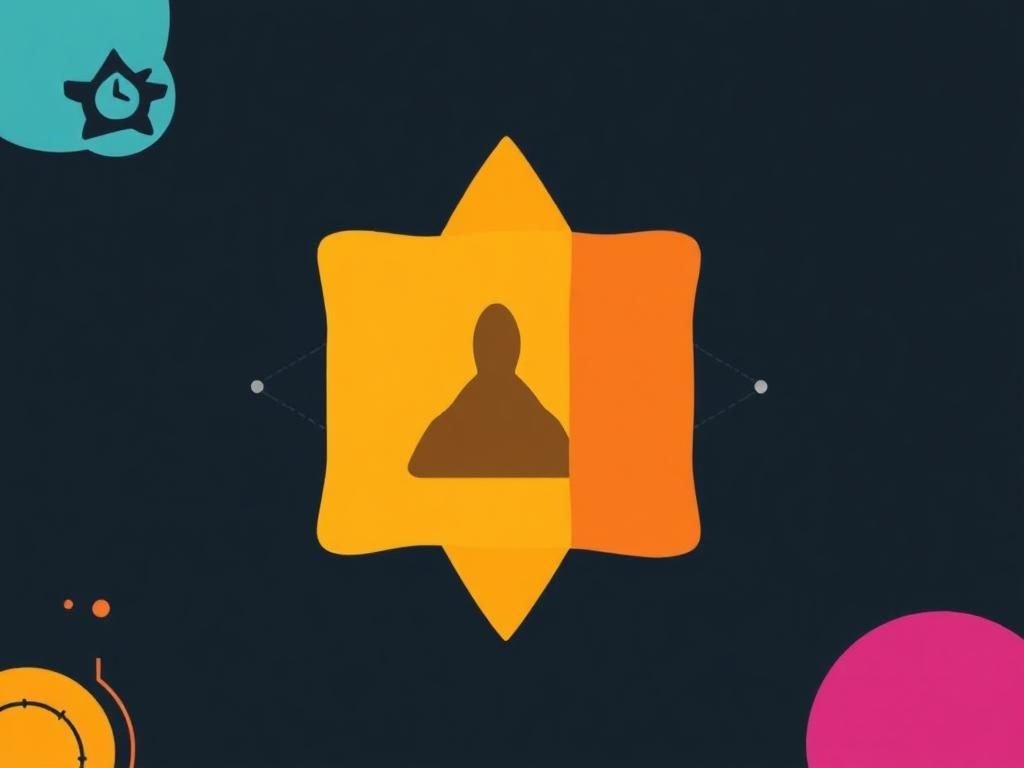Canvas Emory has emerged as a transformative tool in the world of education, particularly within Emory University. This dynamic Learning Management System (LMS) redefines how students and faculty interact, offering innovative features that enhance the educational experience. As the significance of digital platforms in modern education grows, understanding Canvas Emory becomes crucial for both educators and learners. This article will provide a comprehensive overview of Canvas Emory, its unique implementation at Emory University, key features, benefits, challenges, future directions, and additional resources.
Understanding Canvas as a Learning Management System (LMS)
Definition of a Learning Management System
A Learning Management System (LMS) is a software application or platform used to administer, document, track, report, and deliver educational courses or training programs. LMS solutions, particularly Canvas, facilitate the management of learning resources and student engagement in a tech-friendly environment, allowing for access to course materials, grades, and feedback all in one location.
Role of LMS in Modern Education
LMS platforms play a pivotal role in modern education by streamlining administrative processes, fostering communication, and enhancing collaboration. They allow educators to deliver content efficiently and enable students to access learning resources anytime and anywhere, promoting a more flexible learning environment.
Features of Canvas LMS
User-Friendly Interface
One of the standout features of Canvas Emory is its user-friendly interface. The design prioritizes ease of navigation, making it accessible even to those who may not be tech-savvy. This straightforward approach encourages students to engage with their courses actively.
Course Management Tools
Canvas Emory offers a suite of tools for instructors, including customizable course templates, assignment management, and grading systems. These features allow faculty to tailor their courses to better meet the needs of their students.
Integration Capabilities
Canvas Emory supports integration with various third-party applications and services, enabling educators to enhance their courses with additional resources. With API access, institutions can integrate Canvas with other systems, further expanding its capabilities.
Mobile Accessibility
TheMobile application for Canvas Emory ensures students can access their courses from anywhere. This level of accessibility enhances learning opportunities for all students, providing them with the flexibility to study on-the-go.
Emory University’s Unique Implementation of Canvas
Background on Emory University
Emory University, founded in 1836, is a private research university located in Atlanta, Georgia. Known for its rich history, diverse student body, and robust academic programs, Emory serves a wide range of undergraduate and graduate students, making it vital to deploy a reliable LMS like Canvas.

Adoption of Canvas at Emory
The transition to Canvas Emory occurred over several phases. The university began the adoption process in 2014, aiming to modernize its approach to education and address the specific needs of its community. Faculty and student stakeholders actively participated in determining the transition’s strategies, evaluating how Canvas would best support the university’s educational goals.
Key Features of Canvas Emory
User Experience and Interface Design
Canvas Emory’s design emphasizes a positive user experience, featuring a modern and clean layout that facilitates intuitive navigation. The course layout provides students with easy access to all necessary materials, while customization options allow instructors to tailor lessons to their teaching styles.
Tools and Features Specific to Emory
Canvas Emory boasts several Emory-specific integrations and plugins that enhance its functionality. These include specialized analytics and reporting tools that enable educators to track student performance and identify areas needing attention. Communication tools like discussion boards, messaging systems, and announcements ensure that faculty and students remain connected and informed throughout their courses.
Assessment and Grading
The grading features in Canvas Emory streamline the assessment process. Educators can utilize the gradebook for efficient grade management, while students can submit assignments easily. Feedback mechanisms such as annotated documents and rubrics help provide constructive input that fosters student growth.
Benefits of Using Canvas Emory in Education
Enhanced Student Engagement
Canvas Emory cultivates a rich learning environment by incorporating interactive content options and gamification features that motivate students. Collaborative projects and group assignments further enhance engagement, encouraging learners to communicate and work together.
Increased Faculty Effectiveness
For faculty, Canvas Emory offers several time-saving tools for grading and feedback, allowing them to focus more on delivering effective instruction. Professional development resources help educators enhance their skills while educational technology support ensures they receive assistance when needed.
Data-Driven Decision Making
The analytics capabilities of Canvas Emory provide insightful data on student performance and course engagement. This information is invaluable for making data-driven decisions that can enhance course offerings and improve overall educational experiences.
Challenges and Solutions with Canvas Emory
Common Challenges Faced
Despite its numerous benefits, the adoption of Canvas Emory has faced challenges. Some instructors and students may resist changes to their established routines. Technical issues and the necessary learning curve can also impede a smooth transition.
Strategies for Overcoming Challenges
Addressing these challenges requires a concerted effort. Professional development and training sessions can equip users with necessary skills, while building a support network fosters a sense of community. Additionally, continuous feedback loops can highlight areas needing improvement and help drive enhancements.
Future of Canvas Emory
Trends in Educational Technology
As educational technology rapidly evolves, Canvas Emory is poised to incorporate emerging technologies that enhance the learning experience, such as artificial intelligence and virtual reality. Such integrations offer exciting potential for creating immersive learning environments.
Long-Term Goals for Emory and Canvas
Emory aims to strategically plan for the continuous improvement of its educational offerings through innovative uses of Canvas Emory. Potential partnerships and collaborations with tech companies can further bolster the capabilities of the platform and enhance the university’s educational mission.
Conclusion
Canvas Emory represents a significant advancement in the educational landscape at Emory University and beyond. Its comprehensive features and benefits not only enhance student engagement but also increase faculty effectiveness. As institutions continue to navigate the challenges and opportunities of digital education, platforms like Canvas will play a central role in shaping the future of learning. Emory University encourages exploration of this transformative platform and engagement with educational technologies that enhance the learning experience.
Additional Resources
- Official Canvas Resources
- Emory University Support and Tutorials
- Further reading on educational technology advancements.
| Feature | Description | Benefits |
|---|---|---|
| User-Friendly Interface | Intuitive navigation and easy access | Encourages active participation from students |
| Integration Capabilities | Supports third-party applications | Enhances course functionality |
| Analytics | Data on student performance | Informs data-driven decisions |
| Mobile Accessibility | Access to courses on the go | Promotes flexible learning |
FAQs
- What platforms can Canvas Emory integrate with? Canvas Emory can integrate with various third-party applications, enhancing the learning experience.
- How can students access their courses? Students can access their courses through both web and mobile applications, ensuring flexibility.
- What types of communication tools are available? Canvas Emory offers discussion boards, messaging systems, and announcements for effective communication.
- How does Canvas Emory support instructors in grading? The platform provides a gradebook, assignment submission processes, and feedback mechanisms.
- What professional development options are available for faculty? Emory offers resources and training sessions to support faculty in using Canvas Emory effectively.
- How does Canvas Eory facilitate student collaboration? The platform enables collaborative projects and group assignments, enhancing student engagement.
